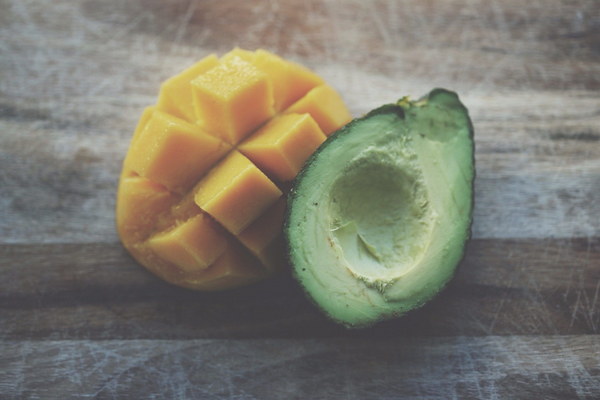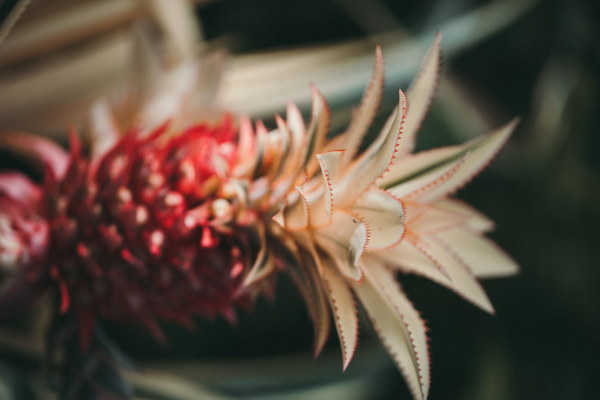Ancient Wisdom Meets Modern Health The Time-Tested Remedy of Mugwort Eggs for Dampness Relief
In the heart of traditional Chinese medicine, there lies a centuries-old remedy that has stood the test of time: mugwort eggs. This ancient practice involves boiling eggs with mugwort leaves, a herb known for its powerful healing properties. The mugwort egg recipe is a testament to the fusion of ancient wisdom and modern health practices, offering a natural and effective solution for dampness relief.
Dampness, or damp-heat in traditional Chinese medicine, is a common imbalance that can manifest in various ways, including fatigue, joint pain, and digestion issues. It is believed that mugwort, with its warm and bitter properties, can help expel dampness from the body, thereby restoring balance and promoting overall well-being.
The Science Behind Mugwort Eggs
Mugwort, scientifically known as Artemisia vulgaris, has been used in Chinese medicine for thousands of years. It is rich in volatile oils, flavonoids, and other bioactive compounds that are thought to have anti-inflammatory, analgesic, and antispasmodic effects. When mugwort is combined with eggs, these properties are believed to be absorbed by the eggs, making them a potent remedy for dampness.
The process of boiling the mugwort leaves with eggs is not just a traditional practice; it is also a method of extracting the herb's medicinal properties. The heat of the water helps to release the active compounds from the mugwort, which then infuse the eggs, making them a healing food.
How to Prepare Mugwort Eggs
Preparing mugwort eggs is a simple and straightforward process. Here's a step-by-step guide:
1. Gather Ingredients: Purchase fresh mugwort leaves and eggs. It's best to use organic eggs for this recipe.
2. Clean the Leaves: Thoroughly wash the mugwort leaves to remove any dirt or impurities.
3. Boil the Eggs: Place the eggs in a pot and cover them with water. Bring the water to a boil, then reduce the heat and let the eggs simmer for about 10 minutes.
4. Add Mugwort: Once the eggs have simmered for 10 minutes, add the mugwort leaves to the pot. Let them cook with the eggs for an additional 20 minutes.
5. Remove from Heat: After 20 minutes, turn off the heat and let the eggs and mugwort sit in the water for another 30 minutes.
6. Peel the Eggs: After the soaking period, remove the eggs from the water and peel them. The shells should come off easily.
7. Enjoy: Eat the eggs as you would normally, or incorporate them into your favorite recipes.
The Benefits of Mugwort Eggs
The consumption of mugwort eggs offers several potential health benefits:
- Relieves Dampness: As mentioned, mugwort is believed to expel dampness from the body, helping to alleviate symptoms associated with damp-heat.

- Improves Digestion: The combination of mugwort and eggs may help improve digestion, making it easier to absorb nutrients.
- Enhances Immunity: Mugwort has natural antiviral and antibacterial properties that can boost the immune system.
- Reduces Joint Pain: The anti-inflammatory effects of mugwort may help reduce joint pain and stiffness, especially in cases of arthritis.
Conclusion
Mugwort eggs are a simple yet effective way to harness the ancient wisdom of traditional Chinese medicine. By boiling eggs with mugwort leaves, we can create a natural remedy that not only relieves dampness but also promotes overall health and well-being. While scientific evidence is still emerging regarding the exact mechanisms of mugwort's benefits, the tradition of mugwort eggs continues to be cherished for its potential healing properties. So, why not give this ancient remedy a try and see if it brings you the relief and balance you're looking for?









